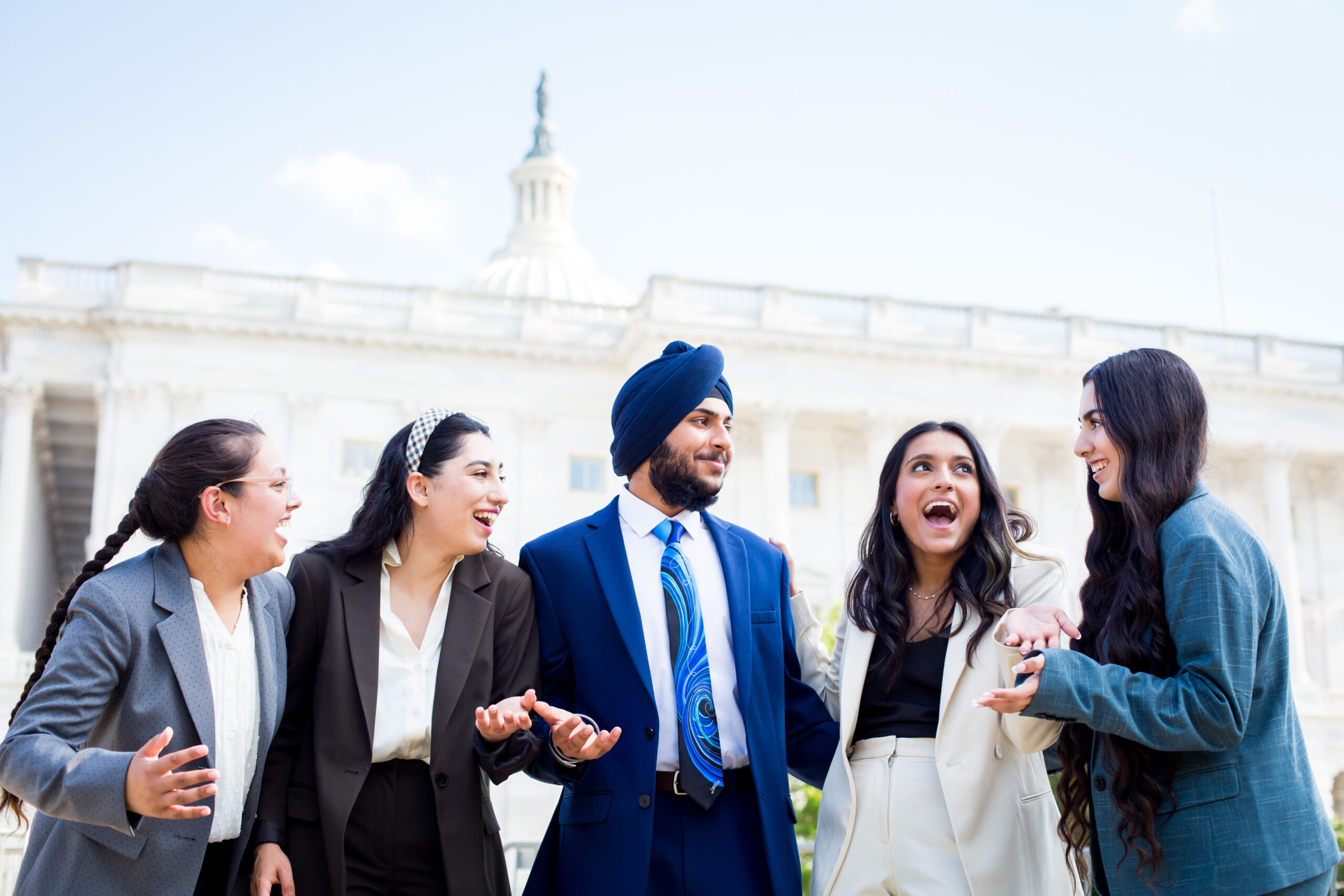By Scott Wong, STAFF WRITER, The Daily Review FREMONT — Almost no one had heard of Afghanistan before the Sept. 11 terrorist attacks, said Homaira Hosseini, an Irvington High School senior whose family emigrated from the war-torn country when she was only 2. Afterward, no one could ignore it. “A tragic event on Sept. 11 changed my future, my present, my identity,” Hosseini, 17, told a stunningly quiet room of more than 200 community members at “Our Community: Who Belongs?” an anti-hate forum at the high school Thursday night. “After Sept. 11, I got a lot of looks and experienced biases and prejudices.” Hosseini, whose family is Muslim, was one of a handful of speakers who shared personal testimony about how local Muslims, Sikhs and other “vulnerable and victimized” minorities have been subjected to things such as name-calling, eggings and other abuse in the wake of the 9/11 attacks and the wars in Iraq and Afghanistan. “I am an Afghan and a Muslim and an American,” said Hosseini, who noted that Fremont is home to the largest number of Afghans living outside Afghanistan. “It’s not a paradox, but it’s sometimes treated as such.” Among those who joined in self-affirming chants of “We all belong” were City Council members, police chiefs, county supervisors, state Assembly members past and present, school board members, educators and other civic, ethnic and religious leaders from throughout the area. Most came to hear the keynote speaker, state Attorney General Bill Lockyer, who as a state senator 15 years ago wrote the first felony hate crime law in the nation. But Debbi Pearson, a 44-year Mission San Jose resident, might have said it best: “The people who needed to hear the message most weren’t here.” Lockyer, a Democrat and a possible 2006 gubernatorial candidate, warned the audience about misdirected hostility. “It’s OK to be angry about the attacks on the World Trade Center and the Pentagon,” he said. “But direct that at the people who carried it out, not the people who are here to enjoy these freedoms.” Kavneet Singh, Western regional director for the Sikh American Legal Defense and Education Fund, the nation’s oldest Sikh civil rights and education advocacy group, said it is critical that Americans take the next step in the war on racial and religious bigotry. “As a community, we need to continue to fight to move beyond tolerance,” said Singh, who added that there are about a half-million Sikhs living in the United States today. “It’s not just our responsibility to tolerate but to accept.” From physical attacks and racial slurs to less subtle prejudices, such as compliments on their English, all burn themselves into the minds of victims, one speaker shared. “Such comments may seem rare,” said Owais Mahesri, 17, an Irvington senior who was born in the United States and is Muslim. “But they happen, they exist and they hurt.” Despite the fact that about six hate crimes still occur in the state each day, Lockyer said he is optimistic about the future. “It’s important that we be mindful that we virtually all are immigrants here,” Lockyer said. “For three centuries, we skimmed the planet and brought its risk-takers to this place. “This is the first place on the planet where the fundamental policy has been, ‘Everybody counts, every voice matters.'”
